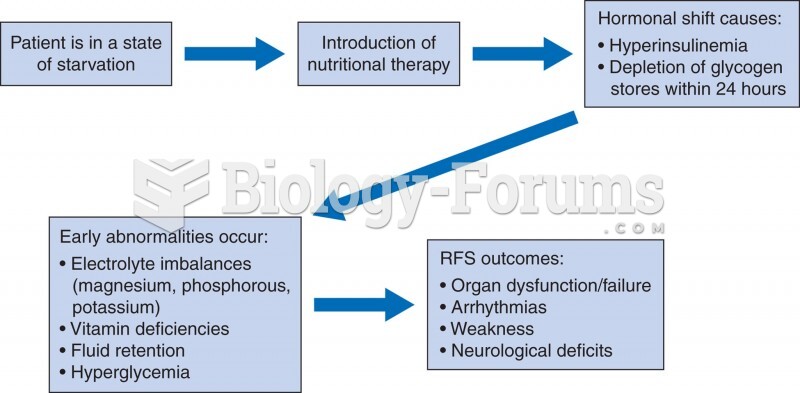|
|
|
Did you know?
Between 1999 and 2012, American adults with high total cholesterol decreased from 18.3% to 12.9%
Did you know?
In most cases, kidneys can recover from almost complete loss of function, such as in acute kidney (renal) failure.
Did you know?
Essential fatty acids have been shown to be effective against ulcers, asthma, dental cavities, and skin disorders such as acne.
Did you know?
There are 60,000 miles of blood vessels in every adult human.
Did you know?
This year, an estimated 1.4 million Americans will have a new or recurrent heart attack.







